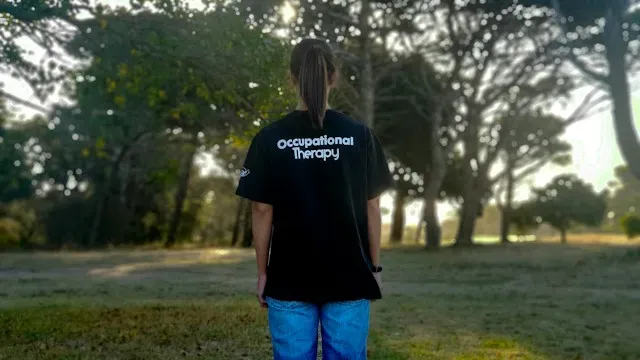
Occupational Therapy Activities
Discover various occupational therapy activities to improve motor skills, cognitive abilities, and overall well-being. Download the Carepatron's free PDF here for a comprehensive guide.
Get carepatron free
Commonly asked questions
Parents should prioritize an OT therapist with relevant credentials and experience, ensuring they specialize in areas aligned with their child's needs. Additionally, considering the therapist's communication style and ability to collaborate with parents is crucial for a successful therapeutic partnership.
More occupational therapy activities extend to a wide range, including sensory integration exercises, delicate motor skill tasks like beading or writing, and cognitive activities such as memory games. Specific activities in an OT toolbox may include play-doh, spray bottles, cookie cutters, and more that are made into fun, meaningful activities for the child.
Enabling activities in occupational therapy focus on empowering individuals to overcome challenges. These activities often involve adaptive strategies, tools, or modifications, allowing individuals to engage in daily tasks independently and with increased confidence.







